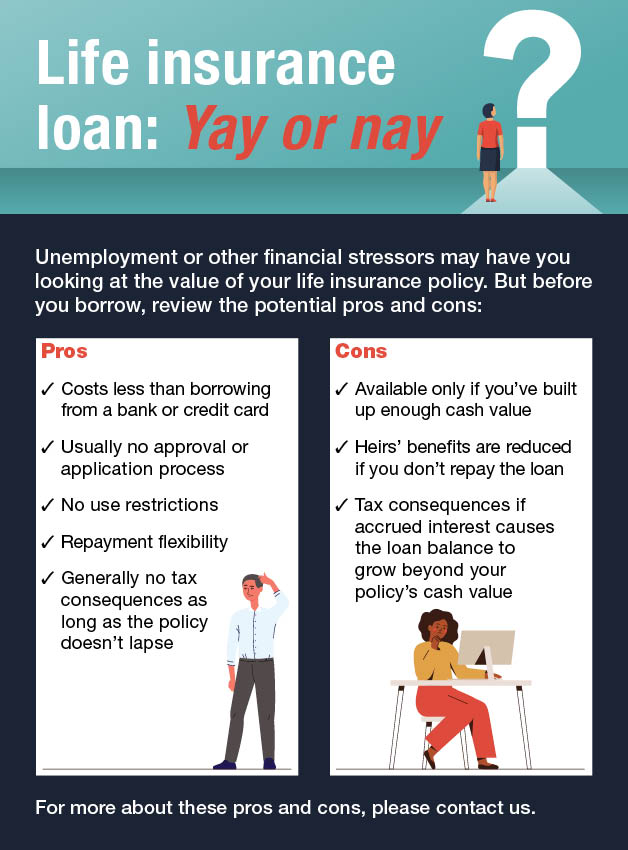


If you’re like many Americans, letters from your favorite charities may be appearing in your mailbox acknowledging your 2020 donations. But what happens if you haven’t received such a letter — can you still claim a deduction for the gift on your 2020 income tax return? It depends.
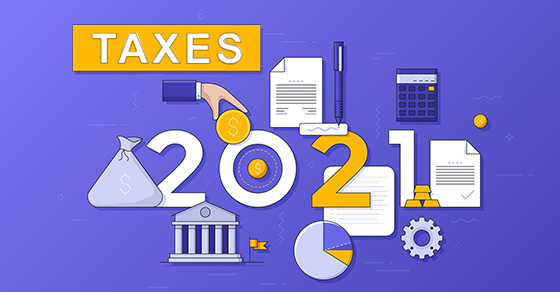
Many people are more concerned about their 2020 tax bills right now than they are about their 2021 tax situations. That’s understandable because your 2020 individual tax return is due to be filed in less than three months (unless you file an extension).

Although electric vehicles (or EVs) are a small percentage of the cars on the road today, they’re increasing in popularity all the time. And if you buy one, you may be eligible for a federal tax break.
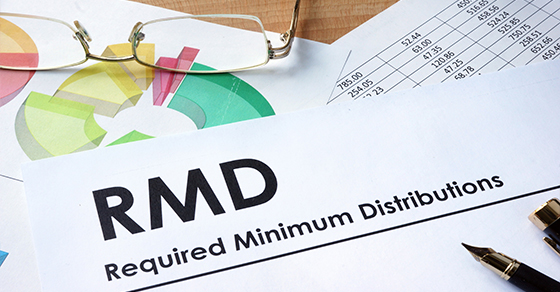
If you have a traditional IRA or tax-deferred retirement plan account, you probably know that you must take required minimum distributions (RMDs) when you reach a certain age — or you’ll be penalized. The CARES Act, which passed last March, allowed people to skip taking these withdrawals in 2020 but now that we’re in 2021, RMDs must be taken again.
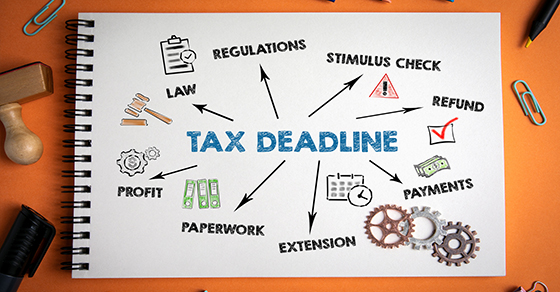
The IRS announced it is opening the 2020 individual income tax return filing season on February 12. (This is later than in past years because of a new law that was enacted late in December.) Even if you typically don’t file until much closer to the April 15 deadline (or you file for an extension), consider filing earlier this year. Why? You can potentially protect yourself from tax identity theft — and there may be other benefits, too.

Attending college is one of the biggest investments that parents and students ever make. If you or your child (or grandchild) attends (or plans to attend) an institution of higher learning, you may be eligible for tax breaks to help foot the bill.
The Consolidated Appropriations Act, which was enacted recently, made some changes to the tax breaks. Here’s a rundown of what has changed.

The new COVID-19 relief law that was signed on December 27, 2020, contains a multitude of provisions that may affect you. Here are some of the highlights of the Consolidated Appropriations Act, which also contains two other laws: the COVID-related Tax Relief Act (COVIDTRA) and the Taxpayer Certainty and Disaster Tax Relief Act (TCDTR).
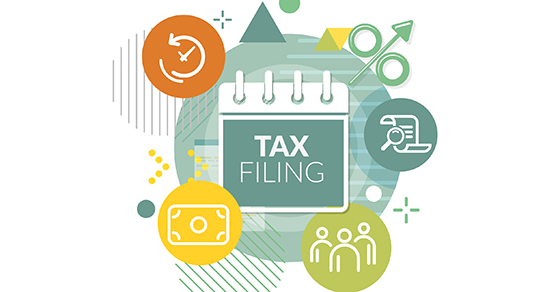
When it comes to taxes, December 31 is more than just New Year’s Eve. That date will affect the filing status box that will be checked on your 2020 tax return. When filing a return, you do so with one of five tax filing statuses. In part, they depend on whether you’re married or unmarried on December 31.

In one recent cybercrime scheme, a mortgage company employee accessed his employer’s records without authorization, then used stolen customer lists to start his own mortgage business. The perpetrator hacked the protected records by sending an email containing malware to a coworker.
